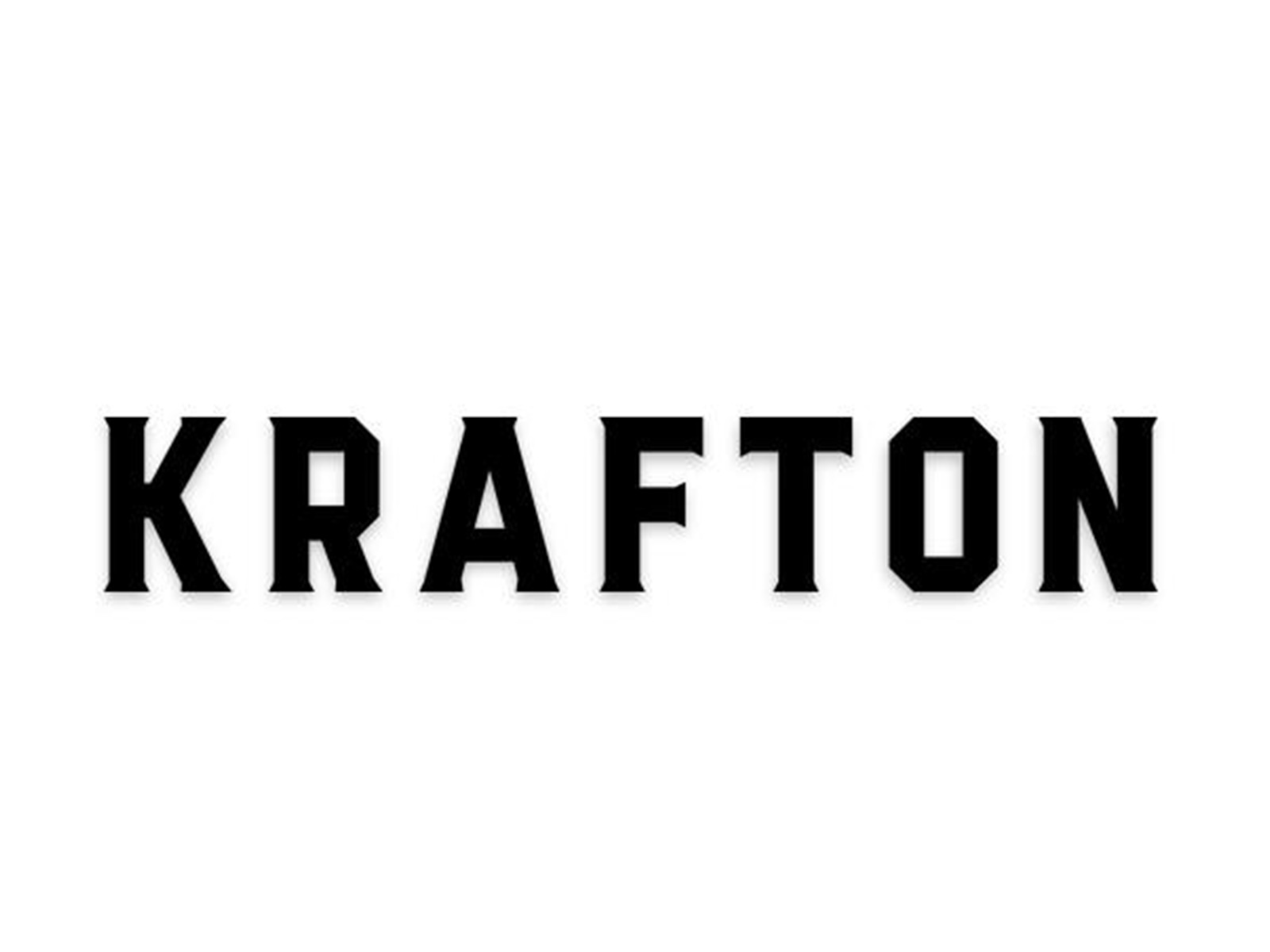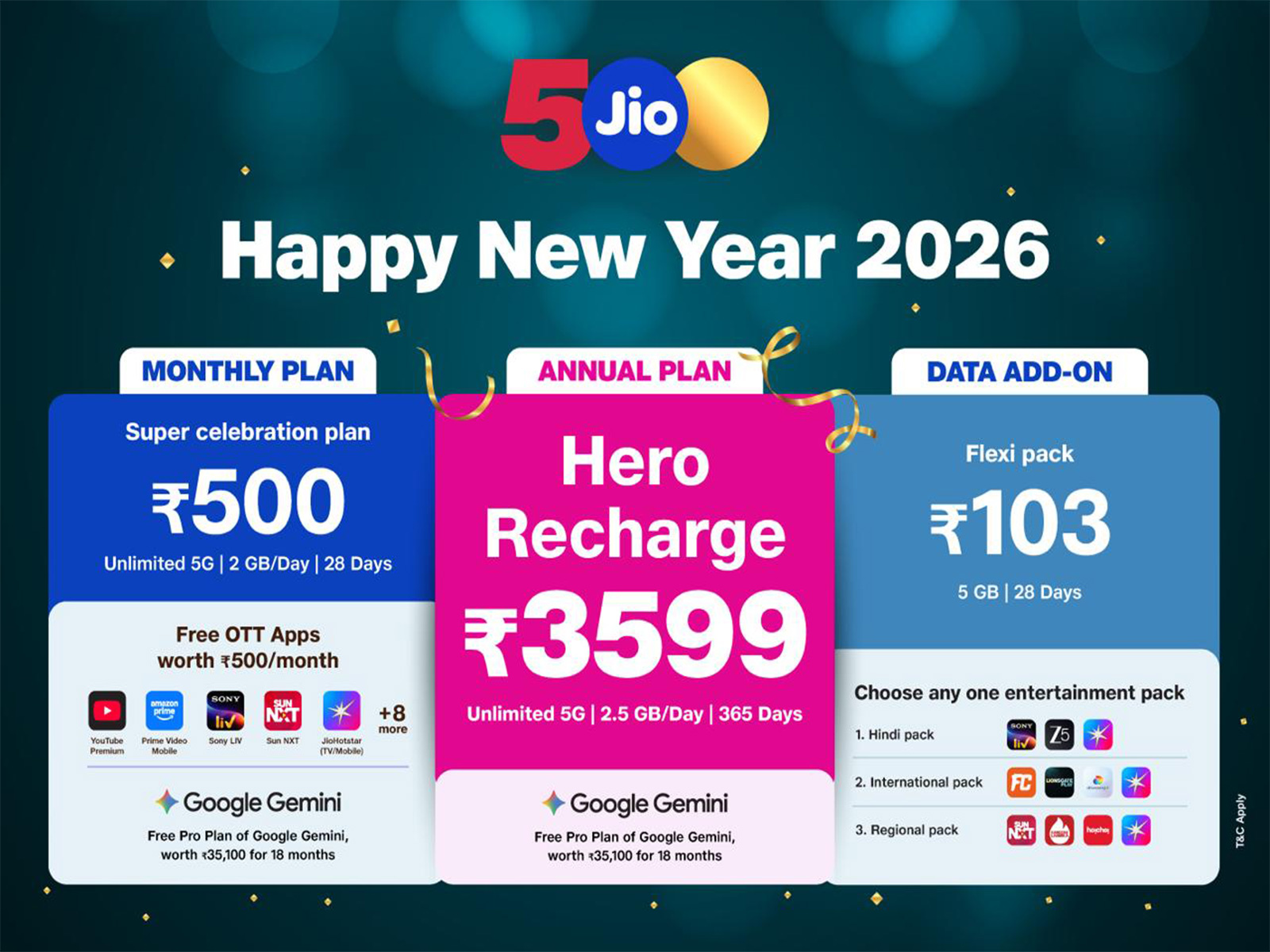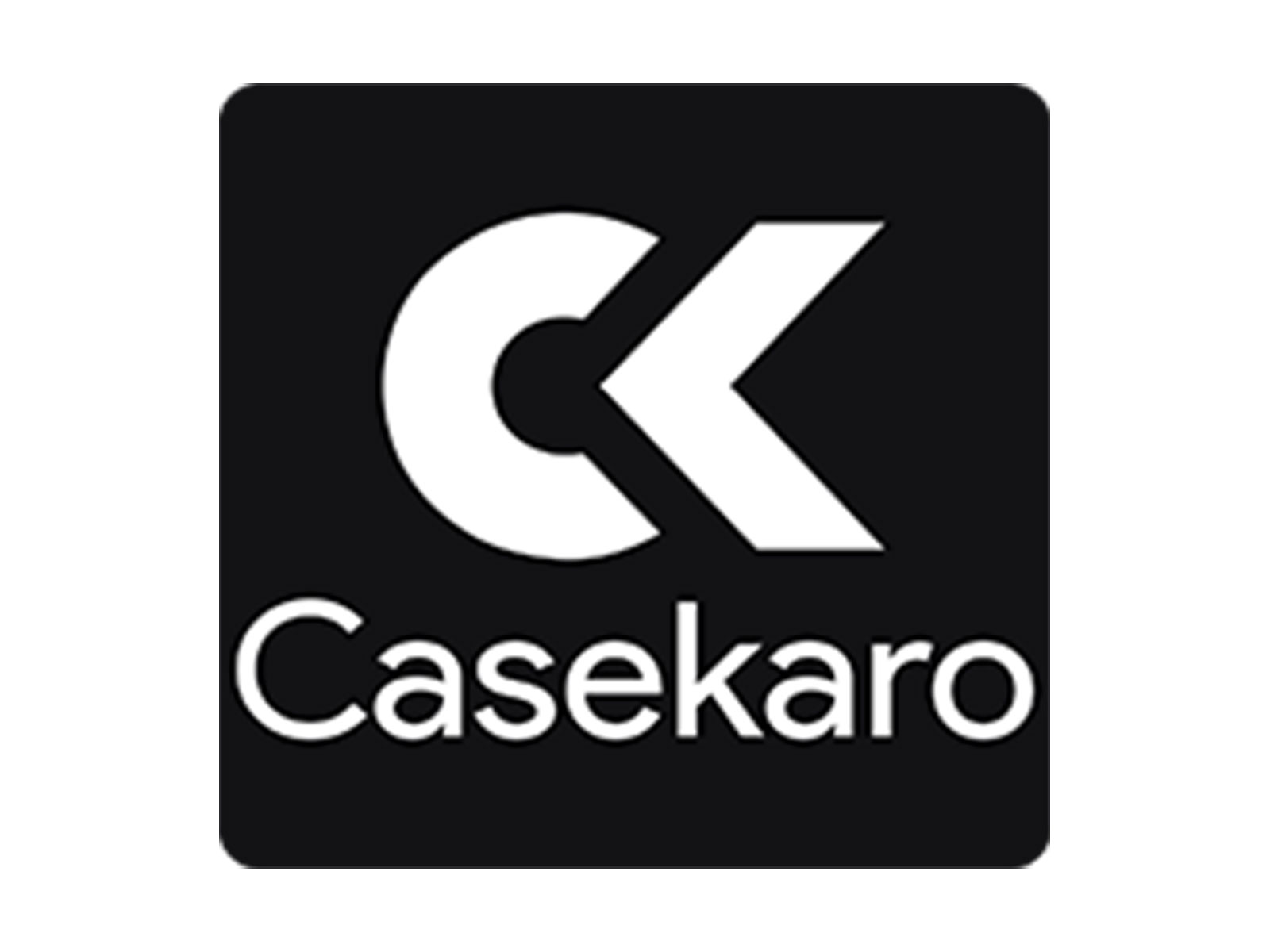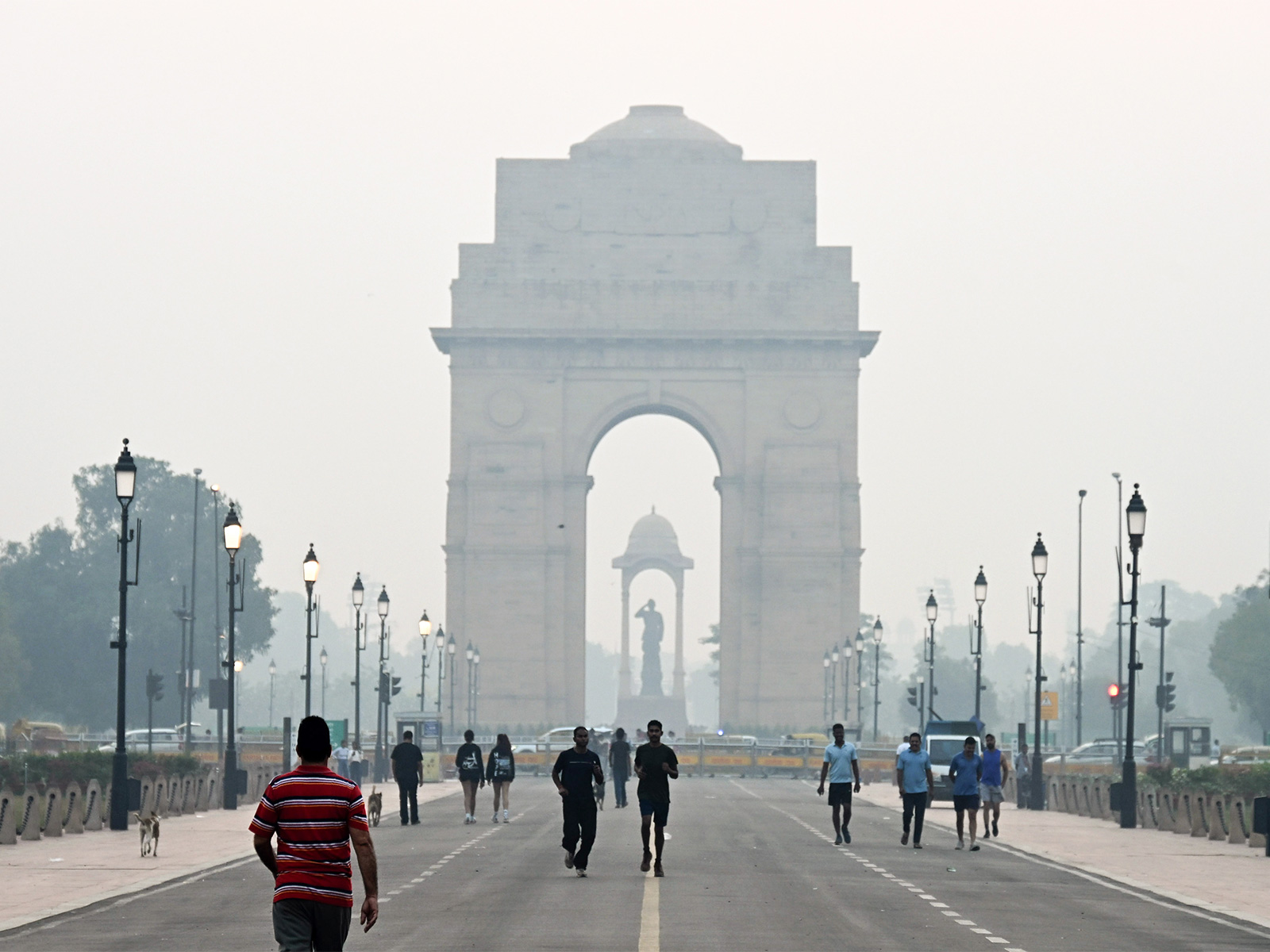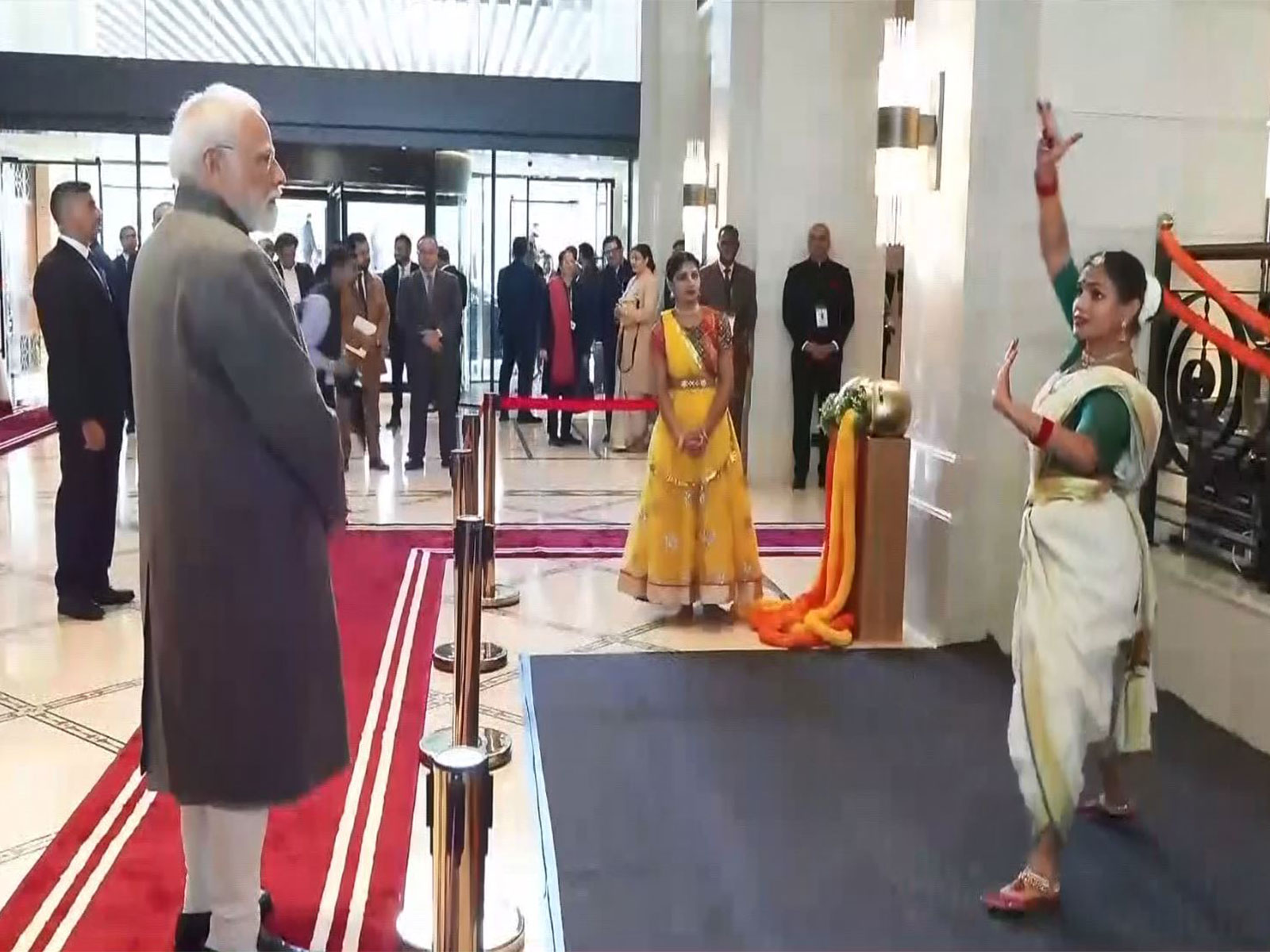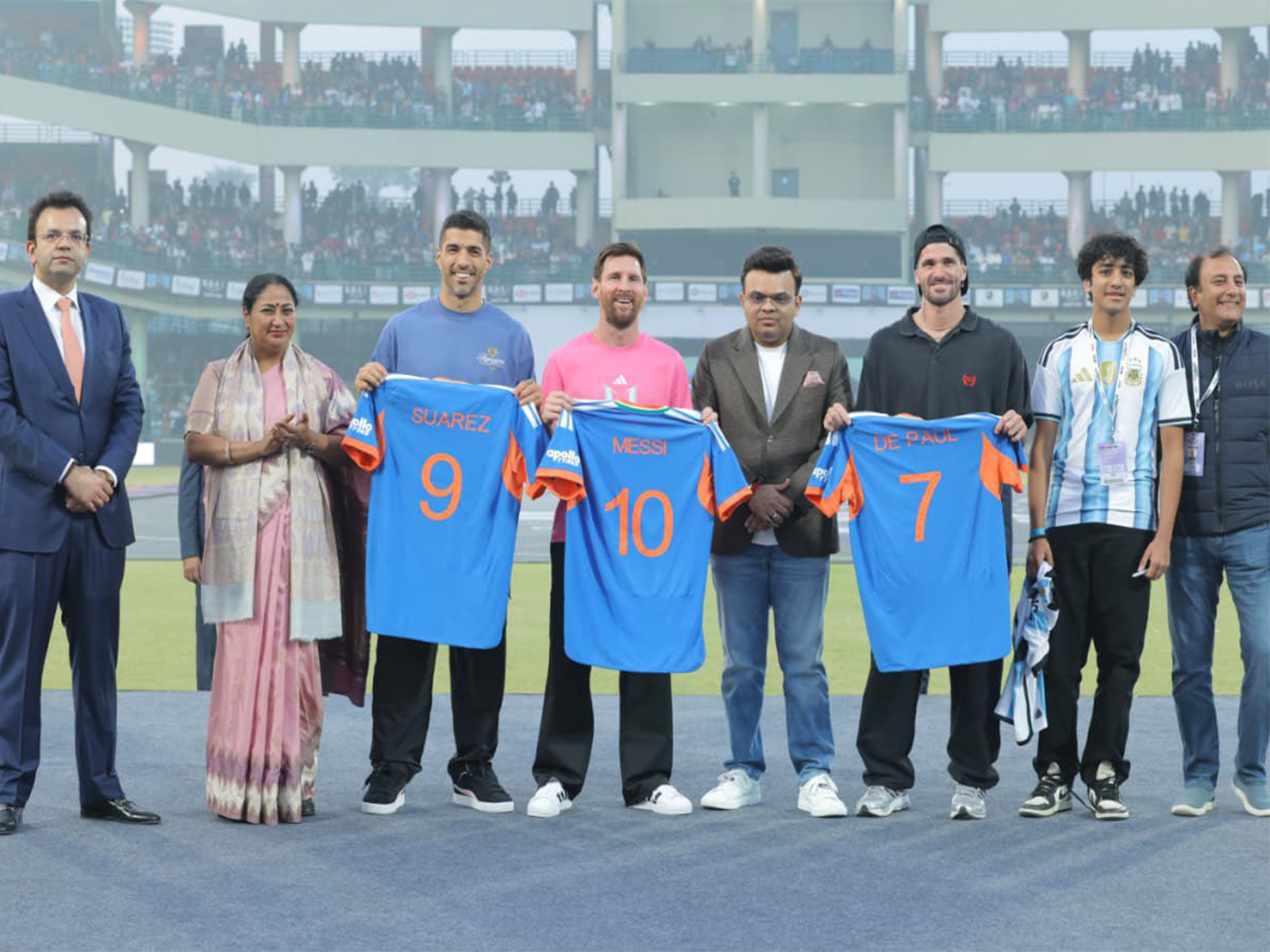India-UAE JC meeting highlights growth in bilateral trade, targets USD 100 bn non-oil trade by 2030
Oct 15, 2024

New Delhi [India], October 15 : The second meeting of the Joint Committee (JC) under the India-UAE Comprehensive Economic Partnership Agreement (CEPA) acknowledged the growth in bilateral trade during the first two years of CEPA's implementation. Both sides expressed optimism about achieving the target of USD 100 billion in non-oil trade well before 2030.
According to the Ministry of Commerce and Industry, the meeting featured wide-ranging discussions aimed at deepening trade relations and capitalising on the growing economic partnership.
The meeting, held in the UAE on Monday, was co-chaired by Ajay Bhadoo, Additional Secretary of the Department of Commerce, Government of India, and HE Juma Al Kait, Assistant Undersecretary for International Trade Affairs, Ministry of Economy, UAE.
Discussions focused on enhancing bilateral trade and addressing key issues to further strengthen economic ties.
A review of the progress made since the 1st Sub-Committee Meeting on Trade in Goods, held in January 2024, highlighted key achievements.
Both sides agreed to form a technical group of experts to facilitate the seamless and timely exchange of trade-related data. This group will convene at the earliest to understand each other's statistical systems and develop methodologies for harmonising bilateral trade statistics, enabling compatible and comparable data analysis to further mutual understanding.
On the matter of implementing Tariff Rate Quotas (TRQs) for specific products, both countries committed to working closely to ensure UAE exporters can effectively benefit from these provisions. The Indian side conveyed that the procedure for allocating licenses under TRQs had been revised based on stakeholder feedback to streamline the process.
India reiterated its request to designate the Indian Jewellery Exposition Centre in Dubai as a "Designated Zone," allowing Indian jewellery manufacturers, including non-registered entities under UAE regulations, to benefit from concessional duties. The UAE expressed willingness to consider the proposal after consultations with relevant stakeholders, including federal tax authorities.
Discussions also covered Sanitary and Phytosanitary (SPS) and Technical Barriers to Trade (TBT) measures. India requested that the UAE recognise the i-CAS Halal scheme, which would simplify the certification process and boost animal product exports to the UAE.
Both sides also agreed to expedite the registration and reference pricing mechanism for pharmaceutical products and to finalise a Memorandum of Understanding (MoU) on food safety.
Regarding trade in services, the two sides exchanged focal points and agreed to hold the first Sub-Committee Meeting on Services Trade at the earliest.
India highlighted the need for Mutual Recognition Agreements (MRAs) between professional bodies in both countries, which would allow professionals such as chartered accountants, lawyers, and nurses to offer their services without requiring additional certification. An actionable plan for MRAs will be developed.
India also raised concerns about the recent surge in imports of silver products, platinum alloy, and dry dates, urging the UAE to ensure compliance with rules of origin norms and prevent any circumvention. The UAE agreed to examine these concerns thoroughly.
The meeting concluded with both sides agreeing to hold the next JC meeting in India at a mutually convenient date. The visit by the Indian delegation reflects the strong commitment to regular exchanges and ongoing efforts to strengthen the close ties of friendship and cooperation between India and the UAE.
